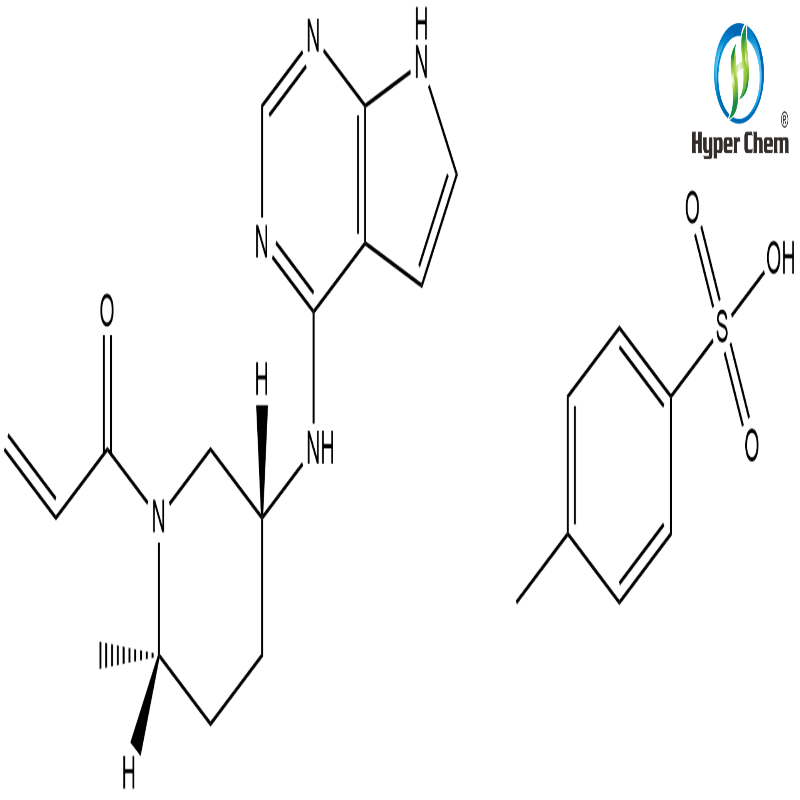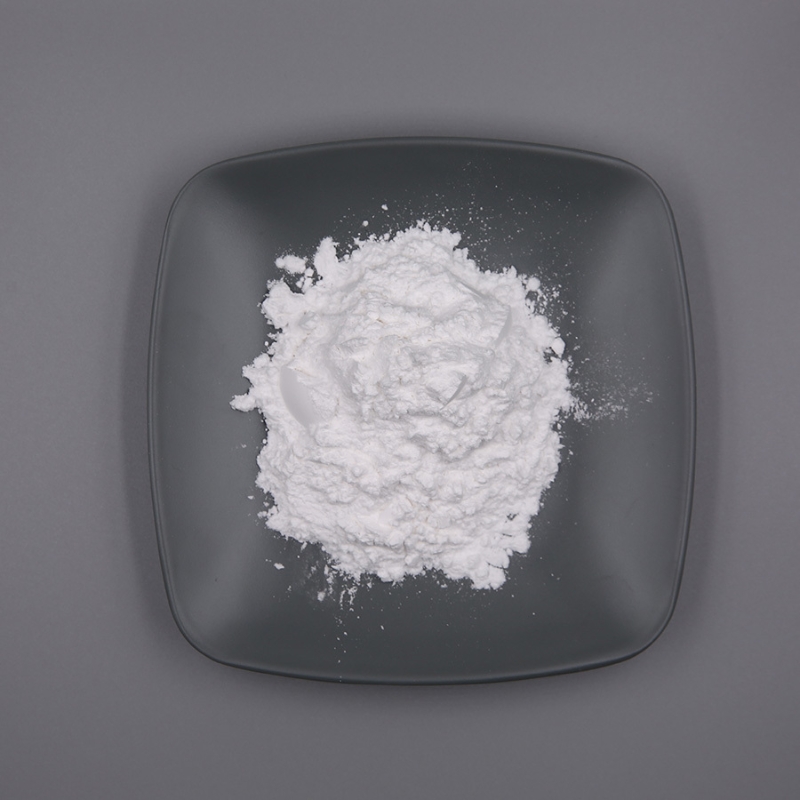Cell reveals the root causes of autoimmune diseases: the original "rogue" immune cells are screwing up.
-
Last Update: 2020-07-22
-
Source: Internet
-
Author: User
Search more information of high quality chemicals, good prices and reliable suppliers, visit
www.echemi.com
Under normal circumstances, our immune system will protect the body from external viruses, bacteria and so on.when the immune system "disorderly" attacks its own normal tissues, autoimmune diseases occur. Autoimmune diseases are accompanied by tissue and organ damage and corresponding dysfunction.Image Source: Dr. ofir Shein lumbroso pathogenic autoantibodies can be found in many autoimmune diseases, but how they escape from the cells at immune checkpoints is not known.recently, a research team led by the Garvan Institute of medical research in Sydney, Australia, found the single cell causing autoimmune diseases for the first time from patient samples through single cell multi group analysis. The results were published in the February 14 issue of cell.doi: tracing the origin, Chris Goodnow, executive director of Garvan Institute and director of Sydney cytogenomics Futures Institute, said, "at present, treatment for autoimmune diseases is only for symptoms.in order to have more targeted treatment for the disease, we first need to understand the etiology."because the" rogue "immune cells are very rare in blood samples, less than one out of 400 cells is very challenging to study.the first author of the paper, Mandeep Singh, said that the analysis so far only revealed the "average" value of a large number of cell combinations in the patient sample at best.using cytogenomics, we developed a method to 'amplify' pathogenic immune cells in blood samples from four patients with cryoglobulin vasculitis."specifically, the researchers isolated individual cells and then their genetic material to obtain immune cells that produce" rheumatoid factors. ".this protein targets healthy human tissues and is associated with the most common autoimmune diseases, including rheumatoid arthritis.next, the researchers analyzed the DNA and messenger RNA of each "rogue" cell, scanning more than 1 million genomic sites in the genome to identify DNA variations that may be the root cause of the disease.the evolution of the disease, researchers found that the pathogenic immune cells of patients with vasculitis had accumulated a large number of mutations before the production of rheumatoid factor.moreover, some of the initial gene mutations that occur in these rogue cells can cause lymphoma (immune cell canceration).Professor Goodnow explained: "we found 'lymphoma driven mutations', including a variant of CARD11 gene.this mutation allows rogue immune cells to avoid immune tolerance checkpoints and reproduce without inhibition.in addition, the researchers found that lymphoma driven gene mutations accumulated more mutations, which led to the aggregation of rheumatoid factors they produced at lower temperatures. this explains why patients develop cryoglobulinemia vasculitis. in these patients, rheumatoid factors in the blood accumulate at lower temperatures, closer to the skin, and also in the kidneys, nerves and other organs, which can damage blood vessels and are often difficult to treat. new hope for diagnosis and treatment of autoimmune diseases, this study not only reveals the root causes of autoimmune diseases, but also has great potential for the diagnosis and treatment of all autoimmune diseases in the future with the ability to identify and study specific immune cells with this resolution. if patients can be diagnosed in the early stage of autoimmune diseases, it is possible to combine the understanding of these mutations with the new targeted treatment of lymphoma to intervene in the progress of the disease or track the response of patients to treatment. researchers are currently planning follow-up studies to study mutations in autoimmune cells in a range of other diseases, including lupus, celiac disease and type 1 diabetes. end References: [1] Research pinpoints rogue cells at root of autoimmune disease
This article is an English version of an article which is originally in the Chinese language on echemi.com and is provided for information purposes only.
This website makes no representation or warranty of any kind, either expressed or implied, as to the accuracy, completeness ownership or reliability of
the article or any translations thereof. If you have any concerns or complaints relating to the article, please send an email, providing a detailed
description of the concern or complaint, to
service@echemi.com. A staff member will contact you within 5 working days. Once verified, infringing content
will be removed immediately.







